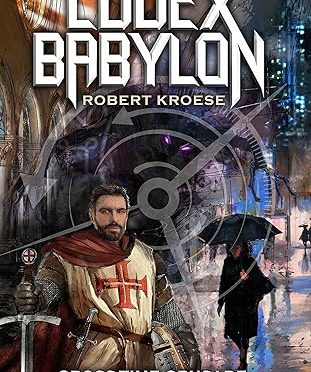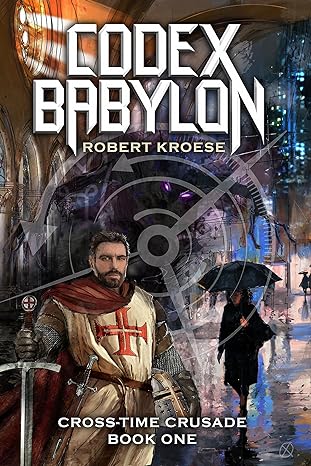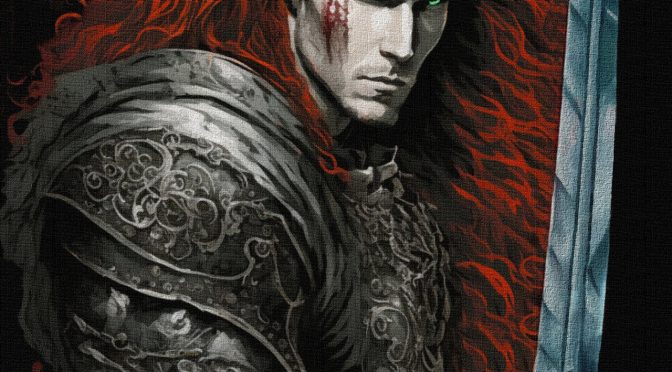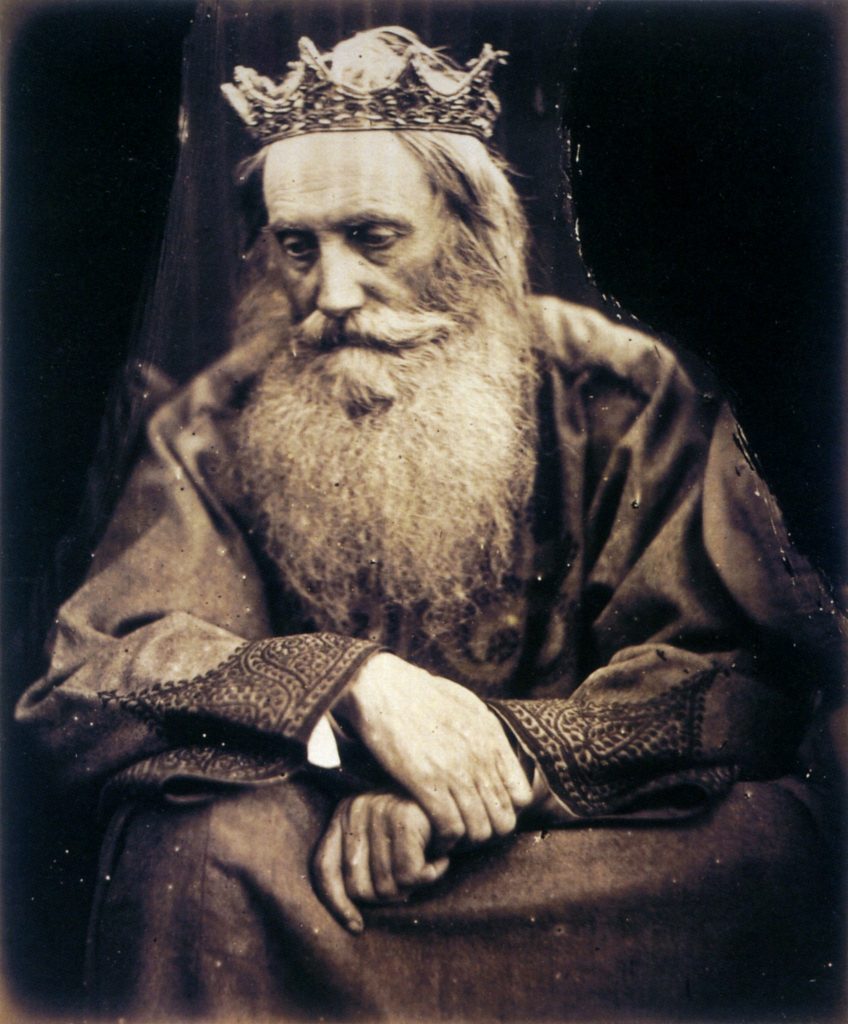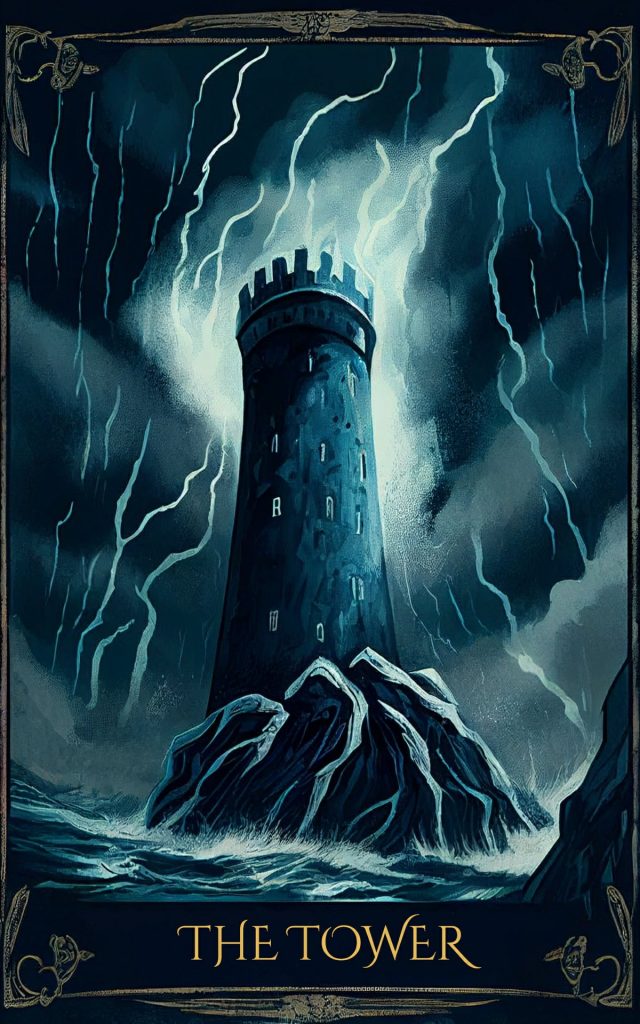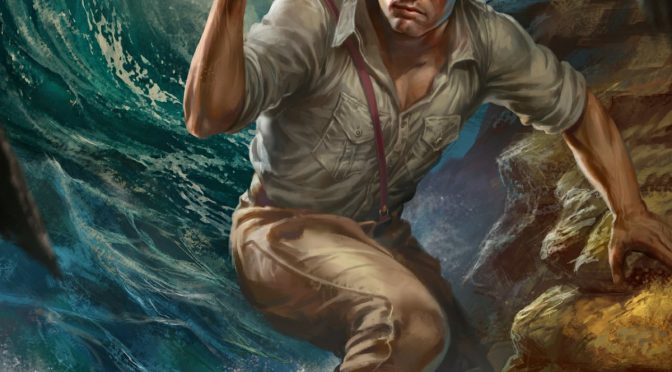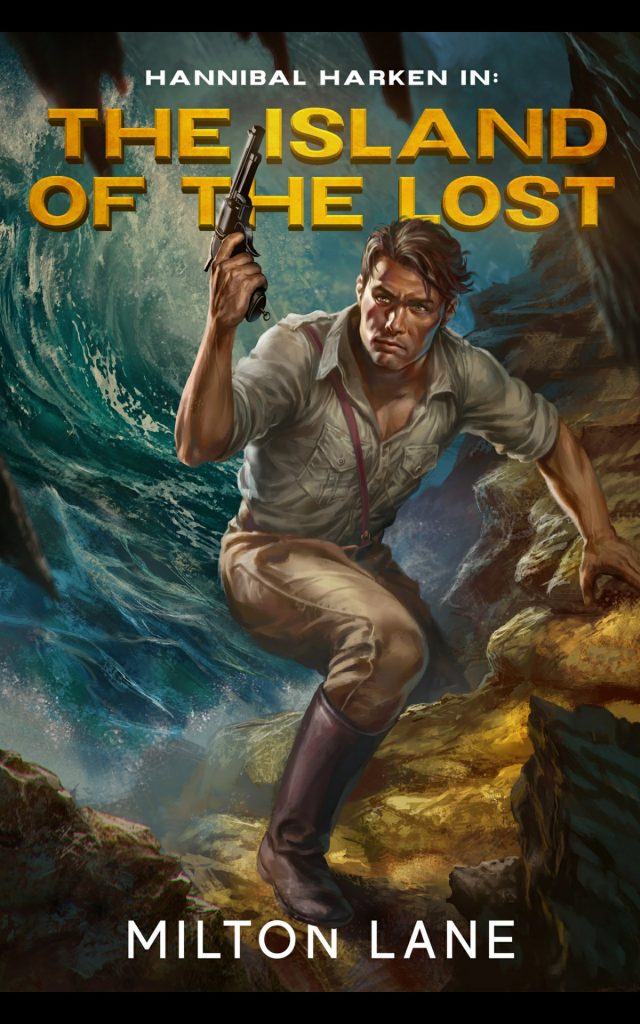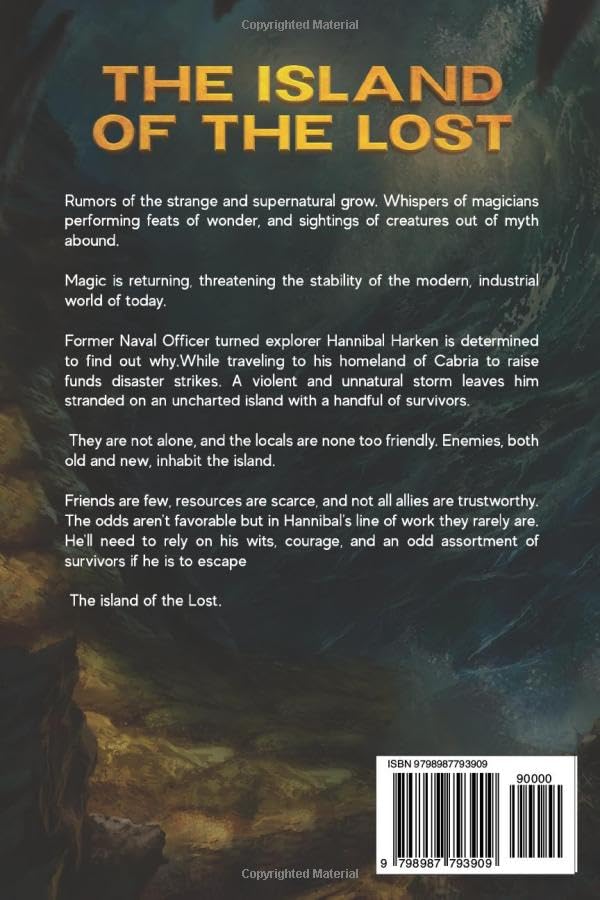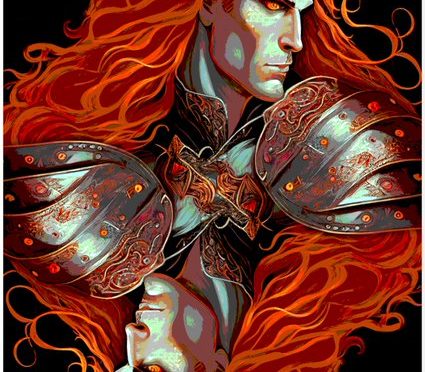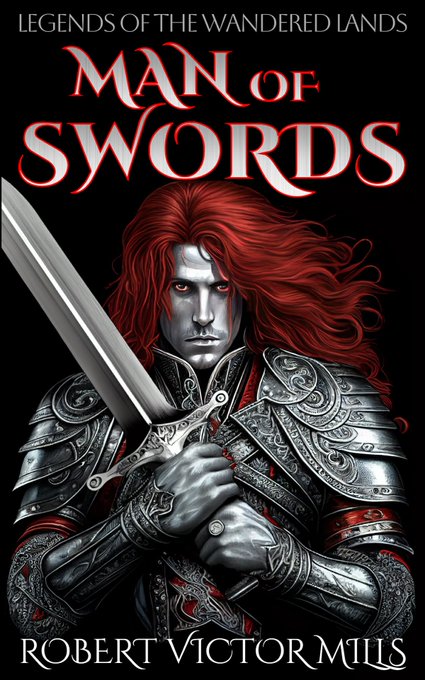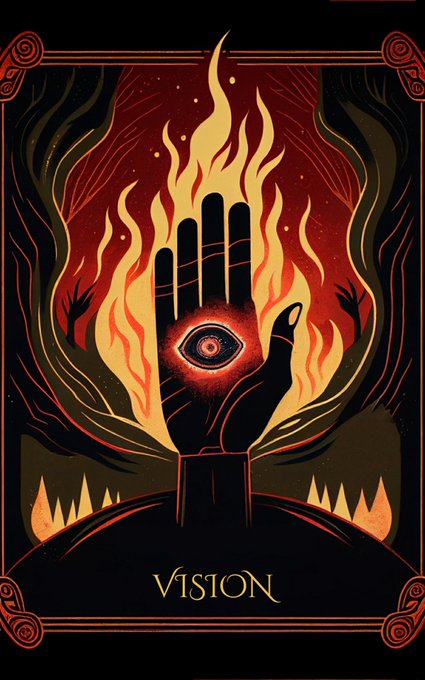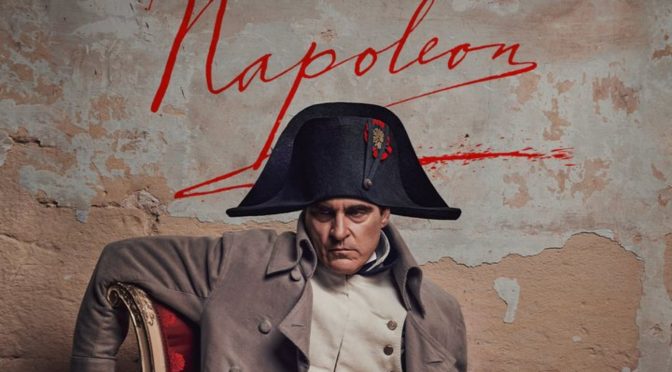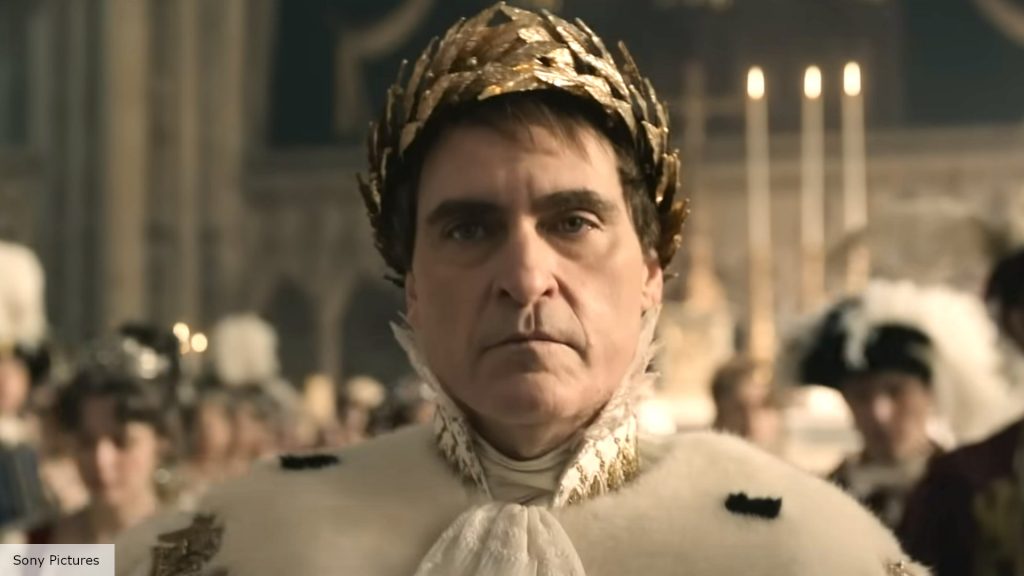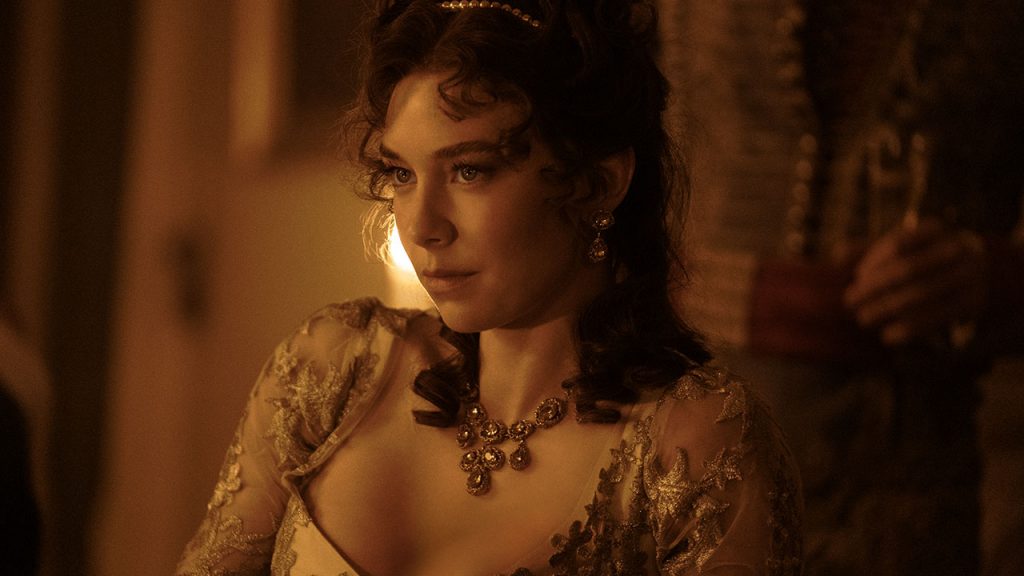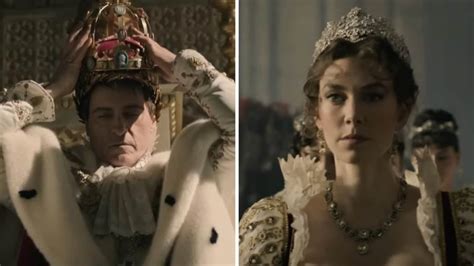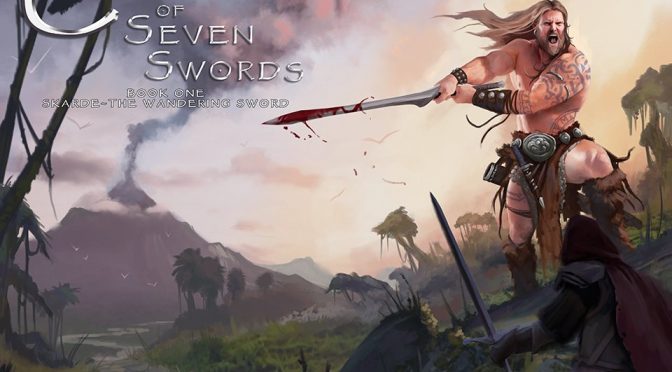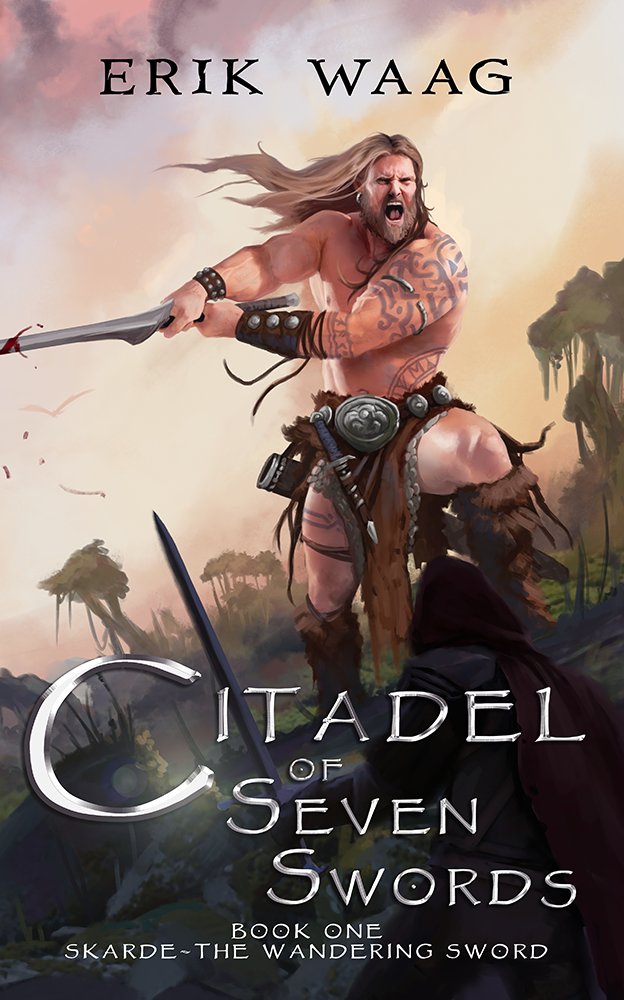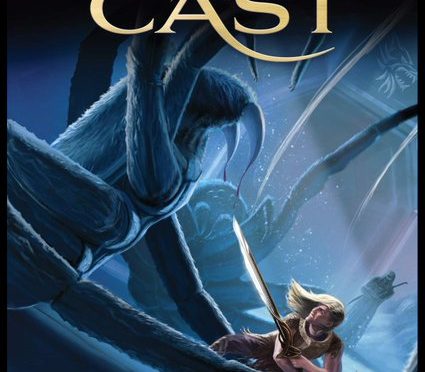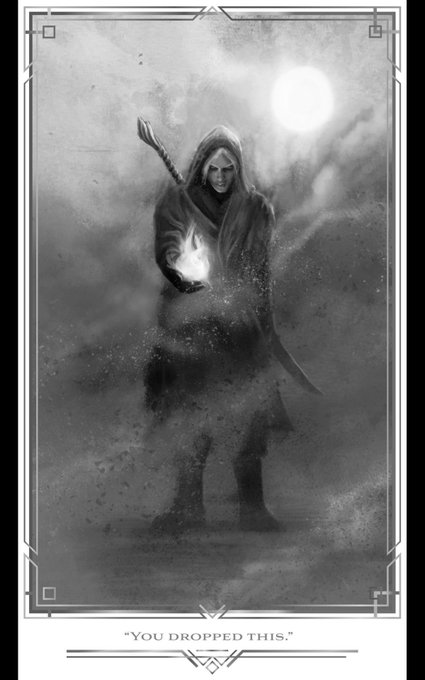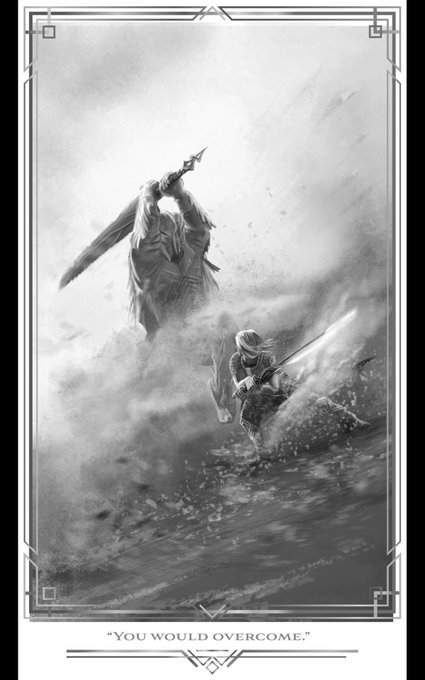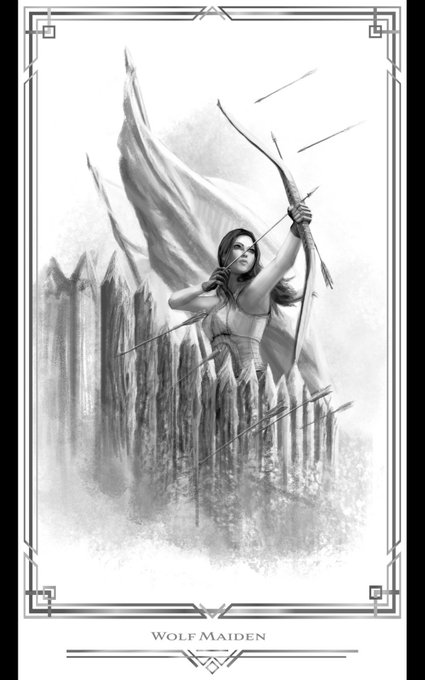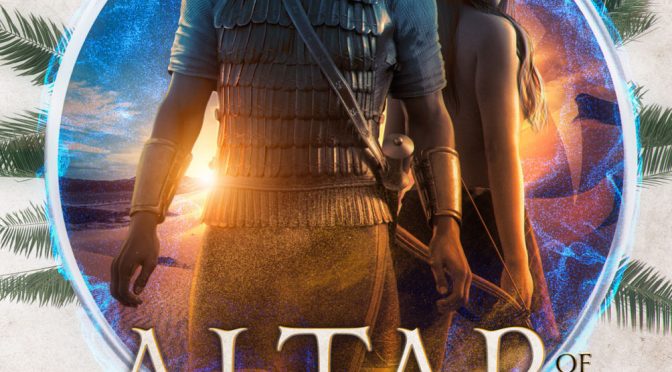How could I pass up a novel with time travel, demonic conspiracies, the Knights Templar and their modern day descendent (an organization called GRAIL–see what they did, there?)?
GRAIL has a time machine. They’ve been monitoring demonic activity in the present day and believe the world is at the breaking point because of it. But if they are able to recover a Medieval text on demonology (the eponymous Codex Babylon), they might just be able to turn the spiritual tide against the unseen enemy.
Martin Raines is a unicorn honest attorney who has just won a case that could open big doors in his career. But he is choosing early retirement instead. He doesn’t just want to leave the rat race of law, but the Current Year dystopian madhouse altogether. Neither he, nor the narrator, bother to articulate just what all is wrong with modern society, but he knows things are getting increasingly ugly. He is relocating his family to rural Idaho, where he hopes to protect them from the worst of whatever insanity is yet to come.
The ambiguity of the demonic outbreak was no problem for a reader like me. Whatever the author means by “demonic activity,” it was easy for me to assume he was referring to the Cold Civil War, the culture war, and the spiritual conflict behind them. A normie reader would just chalk it up to a fictional aspect of the world the author built, and read on, giving it no more thought than the existence of monsters in a Larry Correa novel.
GRAIL finds Martin and informs him that his instinctive revulsion to current events and trends isn’t ultimately due to woketardery (or whatever), but instead is a result of a drastic upsurge in an age-old demonic force. It will soon achieve such power that Martin’s family won’t be safe, even in Idaho. To have a chance at checking the demonic power, GRAIL needs the Codex Babylon. And Martin is their best candidate to send back to get it.
After the obligatory hero’s resistance, Martin finally agrees and is transported back to the Middle East in between crusades.
The Knights Templar, like so many institutions, started out with good intentions, but eventually transformed into something antithetical to their original purpose. Kroese has his main character go back to the point in history when the Templars’ apostacy arguably began.
That, too, was one battle in the demons’ war against the good, beautiful, and true.
What we know about Martin Raines is:
- He loves his family.
- He’s fairly well-studied in history.
- He’s better-than-average at learning languages.
- When he dreams, he can communicate with GRAIL’s empath (?) back in the 21st Century.
Martin’s quest is a frustrating tour of Medieval Europe and the Middle East, chasing the spoor of anybody who might know where to find the demonology book. There were times when I felt like yelling at some of the characters. (“Go look at the papers on Benedict’s desk, you dolts!” “Don’t trust her, you moron!”) However, if you can accept time travel as a plot device, everything that happens in the story is believable.
Codex Babylon is Book One of The Cross-Time Crusade Series. It does arguably stand alone. But the link (cliffhanger) to the next book in the series does seem rather tacked-on. This is a common issue with series fiction. Authors employ different literary tactics to make episodic novels both stand alone and work as an integrated narrative. Sometimes they work better than others.
Another common issue with series fiction is that the first book ends after setting the stage, but often before the story hits its stride. This might be the case here, too. There’s a lot of intriguing ingredients introduced in this book. I may have to read Book Two (paid link) to see what kind of dish is produced from this recipe.

